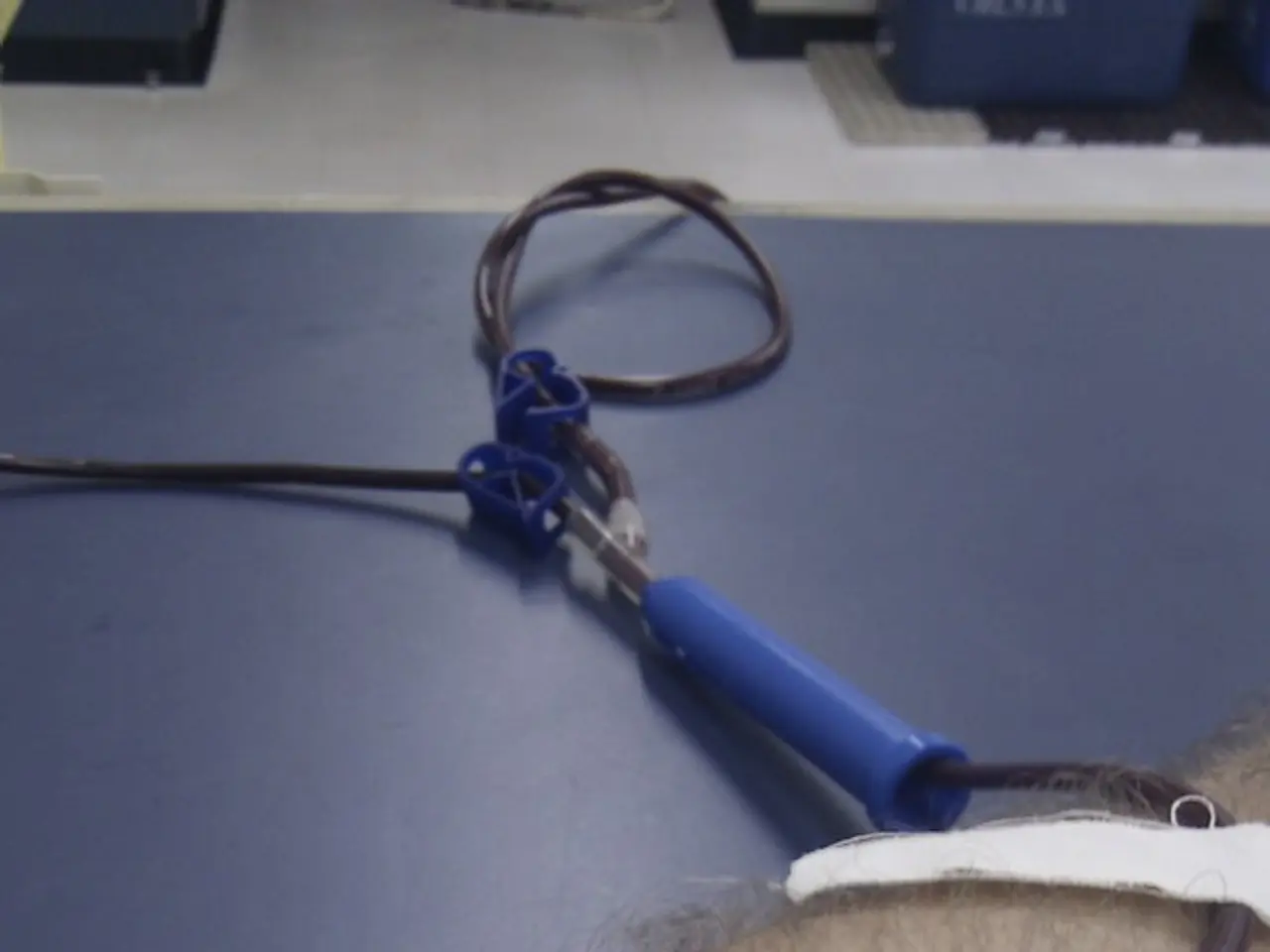Social Anxiety Disorder: Root Causes, Identifiable Signs, and Effective Management Strategies
**Managing Social Anxiety Disorder: A Comprehensive Guide**
Social anxiety disorder, also known as social phobia, is a common mental health condition that affects millions of people worldwide. Characterized by an intense, persistent fear of being judged, embarrassed, or scrutinized in social or performance situations, it can significantly impact daily life.
Common triggers for social anxiety disorder include being the center of attention, social gatherings, performance situations, fear of negative evaluation, online and environmental factors, childhood trauma and stress, and genetic and neurological factors. For instance, speaking in public, presenting in front of a group, or being introduced to new people can provoke feelings of anxiety. Cyberbullying, social media comparisons, and fear of missing out (FOMO) are modern triggers, particularly among teens and young adults.
Fortunately, social anxiety disorder is treatable. Evidence-based strategies focus on reducing fear and avoidance behaviours while building social confidence.
Cognitive Behavioral Therapy (CBT) is the gold standard for social anxiety disorder treatment. It helps individuals identify and challenge negative thought patterns and beliefs about social situations, gradually exposing them to feared scenarios in a controlled way. Exposure therapy, a subset of CBT, involves gradual, repeated exposure to social situations that provoke anxiety, helping individuals desensitize and gain confidence over time.
Acceptance and Commitment Therapy (ACT) is another approach that focuses on accepting uncomfortable feelings and committing to actions aligned with personal values rather than avoiding anxiety-provoking situations. Lifestyle modifications, such as regular exercise, good sleep hygiene, a balanced diet, and reducing caffeine/alcohol intake, can support overall mental health and ease anxiety symptoms.
Joining support groups or confiding in trusted friends and family can reduce isolation and increase coping resources. Mindfulness and relaxation techniques, such as mindfulness, yoga, breathwork, and grounding exercises, can help manage acute anxiety symptoms.
Treatment is most effective when tailored to individual needs, and early intervention—especially in children and teens—can significantly improve outcomes. It's essential to remember that social anxiety disorder is associated with other mental health concerns, including low self-esteem, depression, substance misuse, and suicidal ideation.
If you or someone you know is in crisis and considering suicide or self-harm, help is available through the 988 Lifeline, Crisis Text Line, or Befrienders Worldwide.
It's crucial to approach treatment for social anxiety disorder with patience and persistence, as it often takes time to see significant improvements. With the right support and strategies, it's possible to reduce symptoms and greatly improve quality of life.
- Socializing in school can be challenging for individuals with social anxiety disorder, as they fear negative evaluations and the attention that comes with it.
- Awareness about HIV and MS should also be part of one's health-and-wellness routine, but for those with social anxiety disorder, discussing such topics may be daunting.
- For those managing social anxiety disorder, it's essential to consider monitoring their asthma attacks and seeking assistance when needed, to avoid any potential worsening of symptoms due to stress.
- In addition to treating social anxiety disorder, individuals may also benefit from learning about the science behind mental health and its relationship to overall health-and-wellness.
- It's crucial for people with social anxiety disorder to focus on their social health, as it can help them navigate social situations more confidently and reduce feelings of anxiety.
- Those with social anxiety disorder may be more susceptible to attacks of anxiety and depression, and seeking mental health resources, such as support groups, therapy, or medication, can help manage these conditions.
- Developing a comprehensive understanding of social health, mental health, and health-and-wellness can empower individuals with social anxiety disorder to take an active role in managing their disorder and improve their quality of life.




